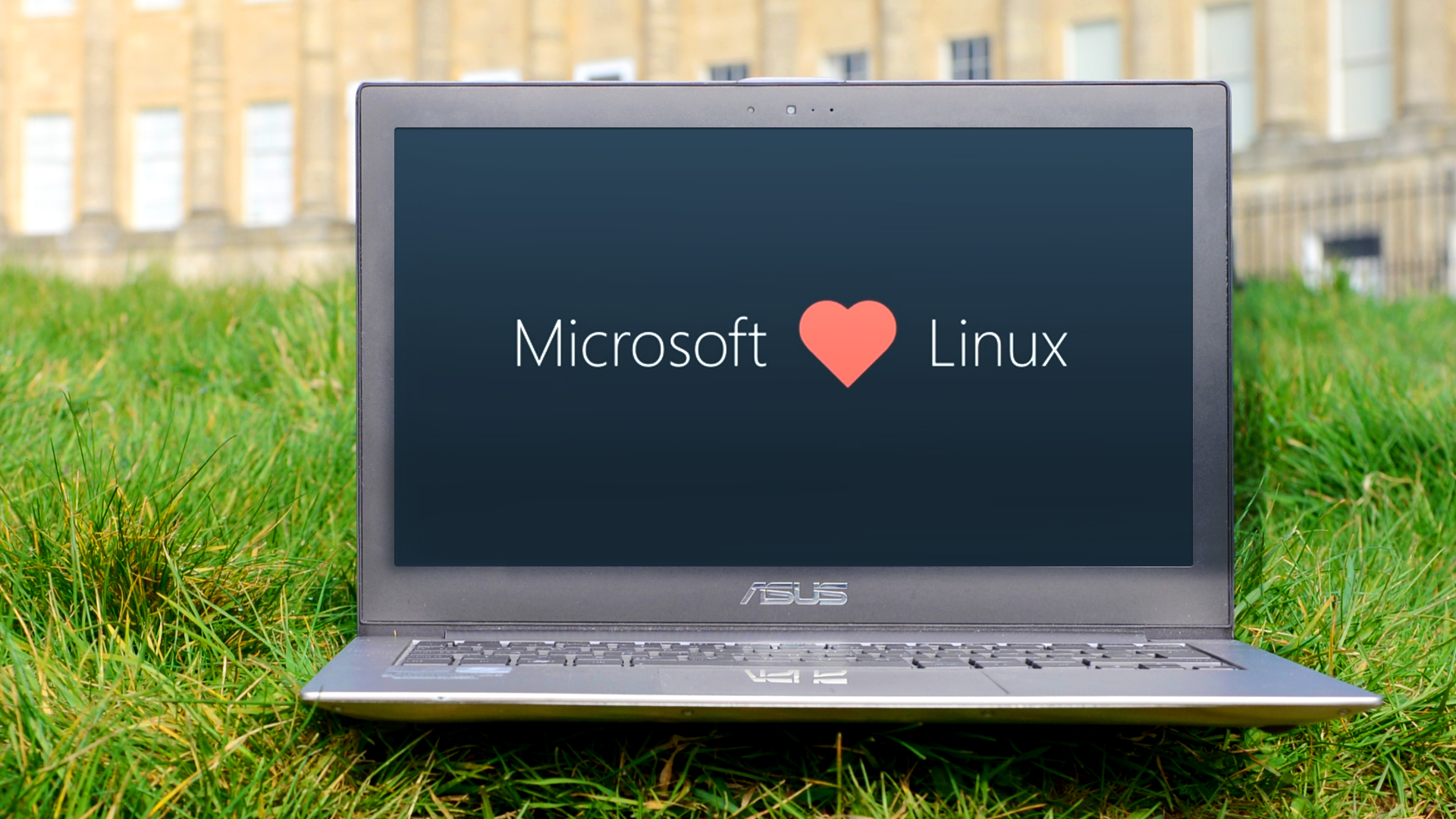
We live in a world that has no idea how important open source software is to its smooth running and the free flow of information. The Heartbleed bug was just a taster about how widespread and vital open source software now is to this new digital-world order, which is entirely underpinned by open source software. But why?
Let's play a game: imagine the world with no open source software. Steve Ballmer invented a time machine, went back to 1953 and prevented the birth of Richard Stallman, the God Father of the "open source concept" and head of the Free Software Foundation. Overnight everything open source vanishes from the face of the planet, what changes?
Of course Linux goes, but you don't care about that, right? But you can kiss goodbye to every Android phone and tablet too, as they all utilise the Linux kernel. You're ok as you're an Apple owner? Nope, the Darwin kernel is based on open source BSD, the much-loved Safari uses the open source Webkit, amongst many other elements of open source that power both the mobile iOS and desktop OS X operating systems.
What would be left? Windows of course and the Windows mobile operating systems. But without the innovation of the iPhone and Android, Microsoft would be happy to continue flogging us its terrible Windows Mobile operating system, as it'd have no need to develop a fancy touch OS like Windows Phone.
Nokia would have saved us you cry! Well you're wrong. Nokia developed Symbian that started life as an open source project. The same goes for MeeGo and Tizen, which were Linux-based operating systems. Blackberry is one of the few remaining mobile operators, but again the wonderful BlackBerry 10 wouldn't have existed without innovations from other sectors.
The same story plays out in the web server space. Currently Microsoft Server accounts for around 23% of the 600 million web servers in the world, with the majority of the rest being Linux powered. Remove open source and all you have left is Microsoft powering the world's internet infrastructure.
On the desktop, Linux has always been a bit player, but its influence is still there. Many web technologies and the web itself are based on open source and the open platforms philosophy. Kiss goodbye to Safari, Google Chrome and Firefox. The world would still be dominated by Windows desktop systems, but the range and richness of online software and services simply wouldn't exist. Google services go, Dropbox goes, no Twitter or the varied range of apps we can enjoy today.
Get daily insight, inspiration and deals in your inbox
Sign up for breaking news, reviews, opinion, top tech deals, and more.
This was just a silly academic exercise (the human need to share would have presserved the open source philosophy) but the point is to show how widely open source is used. It increases choice; Android can be adopted and adapted by any company. It speeds adoption of technologies; source code has to be made publicly available, so everyone can contribute and use it. It reduces costs; there's no need to develop technologies from scratch or buy them in at great cost, as tried and tested code can be reused. And it makes new standards widely available in the shortest time possible.
GNU/Linux as an operating system and open source as a movement have become phenomenal driving forces in the technology world. Without it the internet wouldn't exist as the free and open resource we enjoy today.
- Neil Mohr is editor at Linux Format, your essential guide to the open source world, crammed with tea references, quotes from sci-fi films and more helpfully expert guides, tutorials, features and news from the Linux and open source world. They can post issues direct to your door or fire them digitally through the air straight into your device, they're that good! Why not subscribe today?
Most Popular








